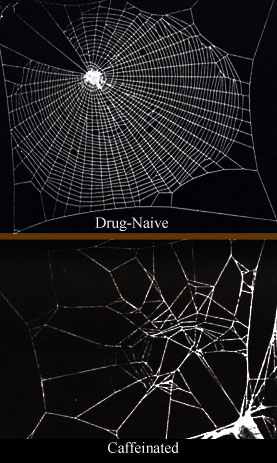Note: Th version of loliya lavu that you see here I have decided not to continue past a very early stage. But, I have every intention of starting a new language based on it, hopefully soon! Check back at this blog in a few months, perhaps. Much love. updated: 2008-7-23
I've started constructing a wee mighty language! Mostly for th fun & challenge, really, but also, potentially, for songwriting. I've made an effort to make this language reflect my current agnostic & increasingly-animistic philosophical leanings. At this point, I have only just begun, & every single element could change, if I need it to.
So I will start telling you about it here, on my blog, & I graciously & humbly welcome you to send me "fnords" (comments) thru this page with suggestions, comments, ideas - whatever comes to you as you explore!
As this language changes, these lessons will change to reflect it. I intend to keep updated links to each lesson on th left of my blog (under "featured entries"), so you can easily navigate thru them at any time, regardless of when I originally posted them.
& so let's begin at th beginning.
loliya lavu
I call this language
loliya lavu (LOH-lee-ah LAH-voo), which means
language of energy.
Loliya means
language (or, since most words function by default as verbs,
languaging, as in
using a language);
lavu means
energy.
Lavu bridges th semantic gap between words like "electricity", "chi", "life force", "electromagnetic", "divine", "Tao", etc. It allows for science & mysticism together.
Sounding
I considered putting sounds in loliya lavu not found in English, but decided instead to keep th phonology relatively familiar to English-speakers. It has some important pronunciation quirks to note, but once you learn them, you needn't worry about exceptions. Every letter stands for one sound & one sound only, every time you see it.
Loliya lavu uses th following alphabet (not yet in any intentional order):
consonants:
b c h k l m N v w x yvowels:
a e i o uSome of th consonants you pronounce like in English:
h as in
hug
l as in
lanky
m as in
moo
w as in
wishy-
washy (but never like ca
w)
y as in
yam (but never like jo
y)
Some of th consonants you pronounce like in English, except that you can pronounce them voiced or unvoiced:
b as in
bit OR
pit
k as in tac
k OR ta
gv as in
van OR
fan
Finally, a few of th consonants represent a sound in English usually represented with two letters, but in loliya lavu, you only use one:
c sounds like
sh as in
shuck
N sounds like
ng as in go
ngx sounds like
ts as in oa
ts or
tse
tse
Vowels sound much like they do in Spanish, Esperanto, &
toki pona. I decided to make them really simple.
a as in f
ather
e as in g
et
i as in mach
ine
o as in m
ore
u as in f
ood
Wording
Words in loliya lavu consist of any number of syllables within reason; each syllable consists of one consonant & one vowel. Stress always falls on th first syllable of th word.
Examples:
loliyalavuwahimimikoxoxolobiNoVerbing
With th exception of basic structure words, all words in loliya lavu work primarily as verbs. We can also use them as nouns, adjectives, adverbs, etc, but when we do so, we must remember how they work as verbs. We do something like this in English when we call someone who cooks "a cook" (one that cooks) or someone who gives "a giver" (one that gives). Loliya lavu does it that way every time.
For example, th word
xova means, more or less, "to green," or "to register as green to an observer." So, instead of saying,
It is green, we say something akin to,
It greens.
Another example:
loca (don't forget,
c sounds like
sh) means, more or less, "to act as a human being," or "to demonstrate human being-ness". So instead of saying,
She is a human being, we say
She human beings.
We can use those words like non-verbs; however, th meaning of
loca as a pseudo-noun doesn't mean, "human being," but rather, "entity which human beings".
So, to show you how this might work, here we have a full sentence:
a biNo ki lolu bo wahimimi which we could translate literally as,
That which cats (acts as a cat) climbs that which trees (acts as a tree). But, in standard English, we'd more likely say,
A cat climbs a tree.
What difference does that make? First, by thinking in terms of verbs, we infuse all our words with activity, energy, life. Second, it tells more honestly what we really see. Do we actually see a cat climb a tree? Or do we see an entity which acts as a cat climb an entity that acts as a tree? After all, maybe we say a squirrel. Maybe somebody painted a very realistic-looking tree on th side of a house. But, if we see a squirrel "acting as a cat" & th side of a house "acting as a tree," we have still accurately described this event:
a biNo ki lolu bo wahimimi:
That which cats climbs that which trees.







